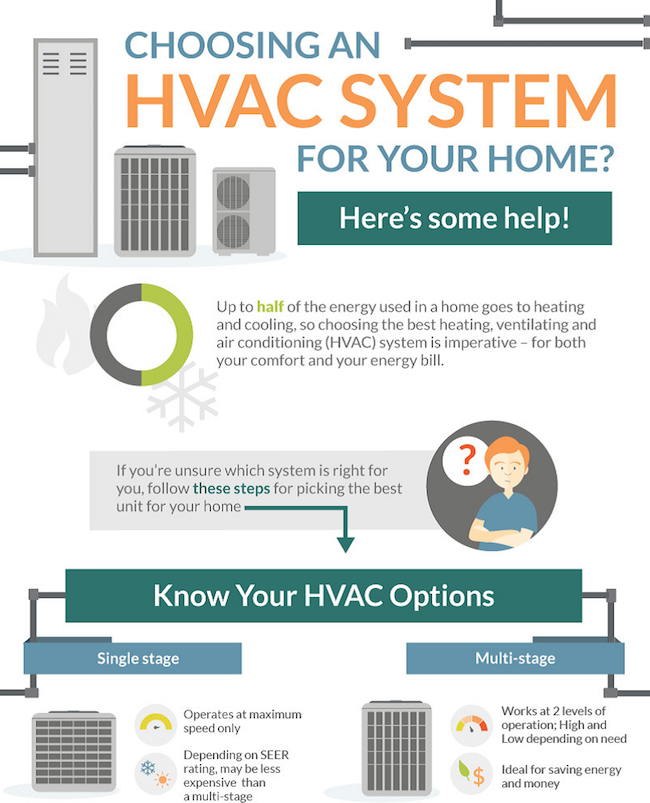Significant Oversights To Look Out For When Setting Up A Heat Pump
Significant Oversights To Look Out For When Setting Up A Heat Pump
Blog Article
Material Produce By-Garrison Ploug
When setting up a heat pump, you have to avoid common errors that can endanger its effectiveness. Overlooking correct sizing may cause inefficiencies and higher utility expenses. Neglecting insulation and securing might lead to power wastefulness and pressure on the system. In addition, positioning the exterior system improperly might affect its efficiency. By preventing these errors, you can guarantee optimum working and durability of your heatpump system.
Improper Sizing of Heatpump
When it concerns the installment of heat pumps, one of one of the most usual mistakes is poorly sizing the unit for your space. Making sure the ideal size is vital for optimal performance. If the heatpump is too little, it will have a hard time to warm or cool your area effectively, resulting in increased power bills and potential deterioration on the unit.
On the other hand, if the heat pump is also huge, it will cycle on and off regularly, causing temperature level variations and decreasing its life-span.
To prevent this mistake, it's necessary to have a specialist assess your area and advise the proper size of the heat pump based on elements like square video, insulation, ceiling elevation, and neighborhood climate. By investing the time and effort to ensure the right sizing, you can enjoy a comfy setting while maximizing power effectiveness and extending the lifespan of your heatpump.
Inadequate Insulation and Sealing
To guarantee the effective operation of your heatpump, it's critical to resolve insufficient insulation and securing in your room. Appropriate insulation aids preserve a regular temperature level inside, lowering the workload on your heat pump. Poor insulation can cause energy loss, making your heatpump work harder and much less efficiently.
Securing any type of gaps or leakages in your area is equally important. These spaces permit conditioned air to run away and outside air to leak in, compeling your heat pump to make up for the temperature level changes.
Inaccurate Positioning of Outdoor Device
Dealing with the positioning of your heatpump's outdoor unit is key to maximizing its performance. Mounting the exterior device in an incorrect area can bring about performance concerns and potential damage to the device.
https://air-conditioning-system-h22210.thelateblog.com/31724080/preparing-your-home-for-heatpump-installment-a-thorough-list to prevent is putting the exterior unit too near to a wall or other frameworks. https://jareddoblv.blazingblog.com/31264999/make-informed-selections-pertaining-to-heat-pump-repair-solutions-by-seeking-vital-questions-that-can-aid-you-avoid-unnecessary-time-expense-and-difficulties-learn-just-how-in-this-guide can limit air movement, creating the device to work tougher to warmth or cool your area, inevitably decreasing its effectiveness and life expectancy.
https://www.facilitiesnet.com/hvac/article/5-Steps-Buildings-Should-Take-to-Prevent-Coronavirus-Spread--18987 to stay away from is positioning the outside device in straight sunshine. While some sunshine is unavoidable, excessive exposure can lead to overheating, specifically during warm summer season days. It's ideal to place the outdoor system in a shaded area to help keep its optimum operating temperature level.
Moreover, see to it that the outside unit is placed on a stable and degree surface area. Uneven ground can trigger resonances and unneeded pressure on the system, affecting its performance over time.
Conclusion
Finally, staying clear of usual blunders during heat pump setup is vital for making best use of effectiveness and durability of your system. By ensuring proper sizing, sufficient insulation, securing, and proper placement of the outdoor unit, you can stop issues such as inefficiencies, increased power expenses, and strain on the unit. Taking the time to resolve these crucial elements will inevitably conserve you money and time in the long run.
